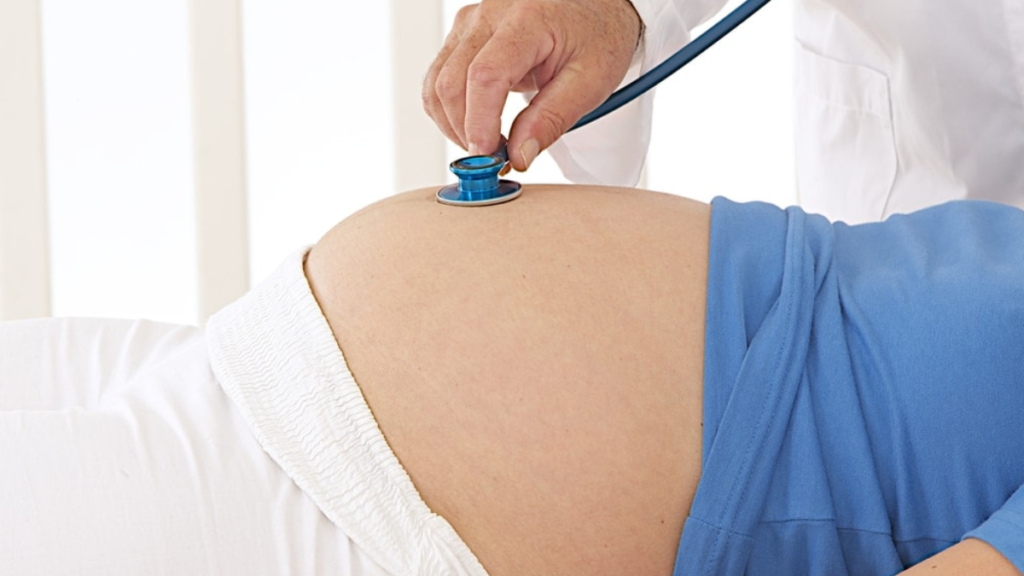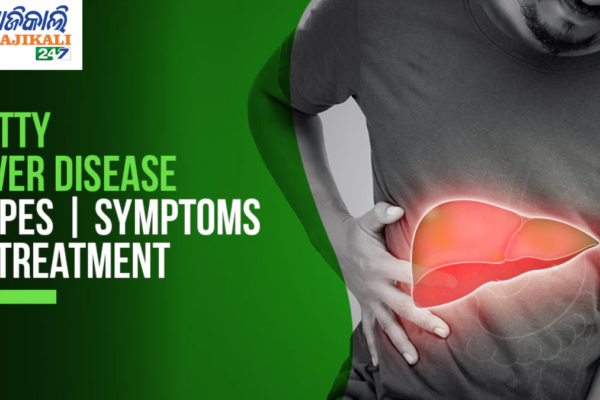Introduction:
Pregnancy is a beautiful journey filled with anticipation, joy, and excitement as you prepare to welcome a new life into the world. However, it’s essential to acknowledge that this journey isn’t always smooth sailing. Just like any other aspect of life, pregnancy can come with its own set of challenges and complications. While most pregnancies progress without major issues, being aware of potential complications can help you stay informed and prepared. Here, we’ll explore some common complications of pregnancy and how they can be managed:
Gestational Diabetes:

Gestational diabetes is a type of diabetes that develops during pregnancy. It occurs when your body can’t produce enough insulin to meet the increased needs during pregnancy. This condition can usually be managed through dietary changes, exercise, and sometimes medication. Proper management is crucial to prevent complications for both the mother and the baby.
Preeclampsia:

Preeclampsia is a potentially serious condition characterized by high blood pressure and protein in the urine after 20 weeks of pregnancy. It can lead to complications such as seizures (eclampsia), premature birth, and low birth weight. Regular prenatal check-ups are essential for early detection and management of preeclampsia.
Preterm Labor:

Preterm labor occurs when contractions begin to open the cervix before 37 weeks of pregnancy. This can lead to premature birth, which may result in health problems for the baby. Identifying risk factors and seeking prompt medical attention if you experience signs of preterm labor can help prevent complications.
Miscarriage:

Miscarriage, also known as spontaneous abortion, is the loss of a pregnancy before 20 weeks. It’s estimated that about 10-20% of known pregnancies end in miscarriage. While miscarriages can be emotionally challenging, they often occur due to genetic abnormalities in the embryo and are beyond anyone’s control.
Placental Problems:

The placenta plays a crucial role in supplying nutrients and oxygen to the baby during pregnancy. Placental problems, such as placenta previa (when the placenta partially or completely covers the cervix) or placental abruption (when the placenta separates from the uterine wall prematurely), can lead to complications such as bleeding and restricted fetal growth.
Fetal Growth Restriction:

Fetal growth restriction occurs when the baby doesn’t grow at the expected rate during pregnancy. This can happen due to various reasons, including placental problems, maternal health issues, or genetic factors. Close monitoring and medical intervention may be necessary to ensure the baby receives adequate nutrition and grows appropriately.
Ectopic Pregnancy:

An ectopic pregnancy occurs when the fertilized egg implants outside the uterus, usually in the fallopian tube. This type of pregnancy is not viable and can be life-threatening for the mother if not detected early. Symptoms may include abdominal pain and vaginal bleeding, and immediate medical attention is necessary to prevent complications.
Gestational Hypertension:

Gestational hypertension, also known as pregnancy-induced hypertension, is high blood pressure that develops after 20 weeks of pregnancy. While it often resolves after childbirth, it can increase the risk of preeclampsia and other complications if left untreated.
Conclusion:
While these complications may sound daunting, it’s essential to remember that most pregnancies progress without major issues. However, being aware of the signs and symptoms, attending regular prenatal appointments, and maintaining open communication with your healthcare provider can help identify and manage any complications that may arise. Remember, you’re not alone on this journey – your healthcare team is here to support you every step of the way.












